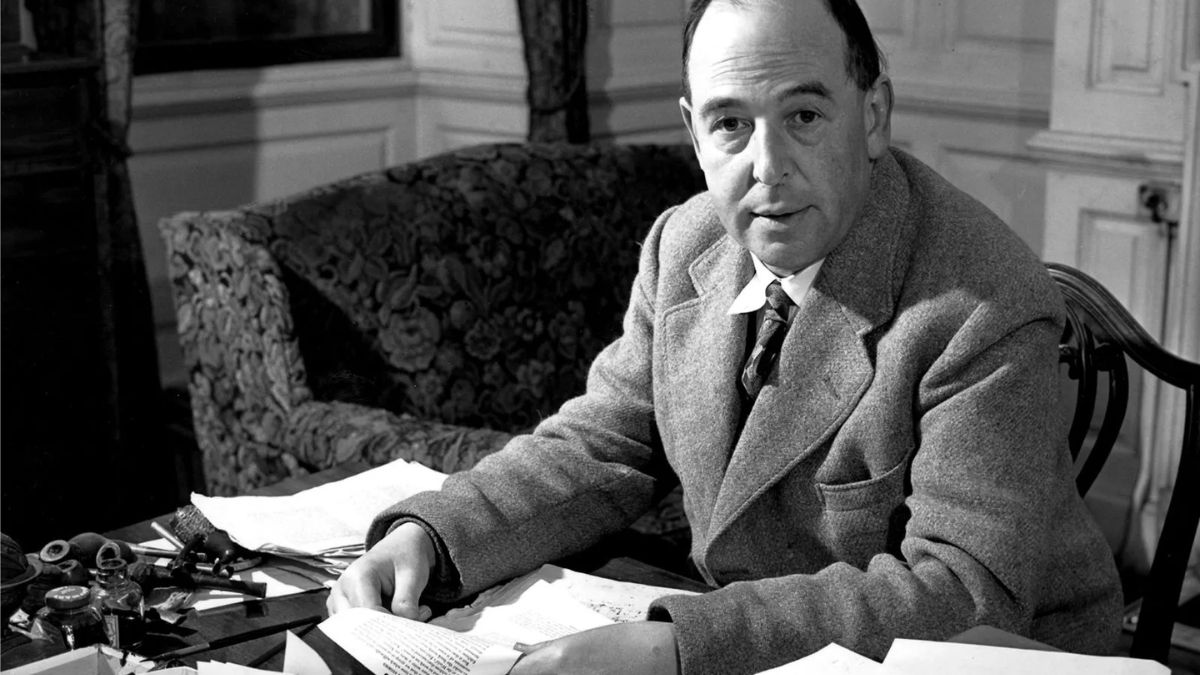


In my book, God’s Crime Scene, I examine eight pieces of evidence in the universe by asking a simple investigative question of a hypothetical crime scene: Can I explain the evidence “in the room” of the natural universe by looking only “in the room”? This is a question I ask at every death scene to determine if I actually have a crime scene. When evidence in the room can’t be explained by staying in the room, I’ve got to consider the involvement of an intruder. If the evidence inside the universe can’t be explained by staying “inside” the natural realm of the universe, we must similarly consider the involvement of a cosmic intruder. One critical piece of the evidence in the universe is the existence of moral obligations. Can we explain these obligations by staying “inside the room”? Can naturalism account for the human dignity and value necessary to ground moral obligations?
Why do we as humans feel obligated toward other humans when we don’t recognize moral obligations toward other forms of life on the planet? We seldom hesitate to exterminate the rodents and insects in our homes, and we feel no moral obligation toward the weeds growing in our garden. What, from a naturalistic perspective, gives us the right to consider humans differently? Can we stay “inside the room” of the universe to explain why humans ought to be honored with dignity and value when we don’t afford these considerations to other species or forms of life?
 If humans are simply the product of blind physical and chemical laws, then there is no reason to believe we are anything more than the accidental consequence of an evolutionary process. If this is the case, then there’s nothing special about us when compared to other species or forms of life in our environment.
If humans are simply the product of blind physical and chemical laws, then there is no reason to believe we are anything more than the accidental consequence of an evolutionary process. If this is the case, then there’s nothing special about us when compared to other species or forms of life in our environment.
To make matters worse, humans often behave badly, yet we treat humans as though we are somehow different than other species and worthy of moral obligation. We hold humans to a higher standard than we hold other species, and we view the actions of other animals without moral condemnation. Ethicist Richard Taylor observes: “A hawk that seizes a fish from the sea kills it, but does not murder it; and another hawk that seizes the fish from the talons of the first takes it, but does not steal it—for none of these things is forbidden.” If humans are just like other animals as the unintended result of blind physical processes, then why do we consider our actions differently than the actions of the hawks in Taylor’s example? As William Lane Craig observes, “To think that human beings are special is to be guilty of speciesism, an unjustified bias toward one’s own species.”
Growing up, I was fan of Star Trek. Imagine an episode in which a race of aliens from another planet invades earth with the goal of enslaving humans for their own selfish purposes (not an unusual Star Trek storyline!). In a scenario such as this, would we as humans have a right to complain? After all, we have a history of using horses, dogs, oxen, and a variety of other species in a similar way. How could we argue against such treatment by a species as superior to us as we are to other forms of life on this planet?
Those who stay “inside the room” of the universe to account for intrinsic human dignity and inherent human value simply cannot justify their prejudice toward humans. If, however, humans are the special creation of a Creator God who created us in His image, our position “inside the room” would indeed be worthy of moral obligation.
[This is an excerpt from God’s Crime Scene (and first appeared on the Cold-Case Christianity website). It is part of a larger chapter on the existence of objective, transcendent moral truths. The existence of moral truth and obligation is just one of eight evidences “inside the room” that point to the reasonable inference of a Creator God “outside the room.” For a much more detailed examination of this important piece of evidence, please read Chapter Seven: Law and Order – Is Morality More Than An Opinion?]
Have a Follow-up Question?
Want to dig deeper?
If you want to challenge yourself as many others have done, sign up below.
Webinars
Short Courses
Up
Next














